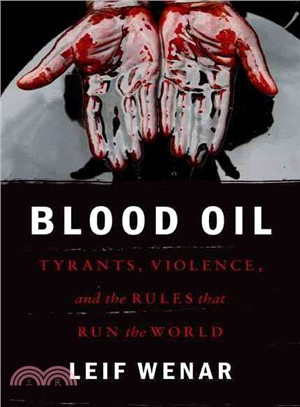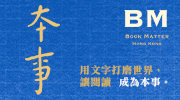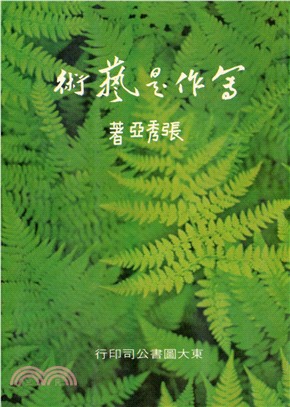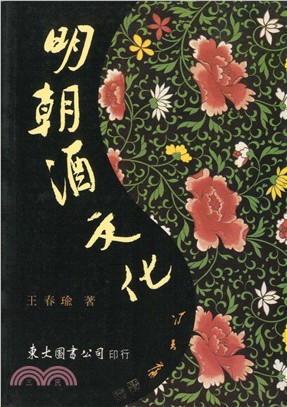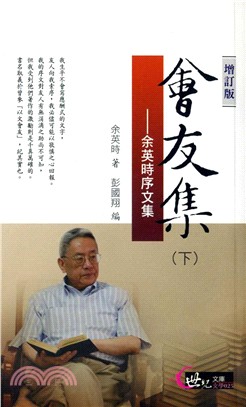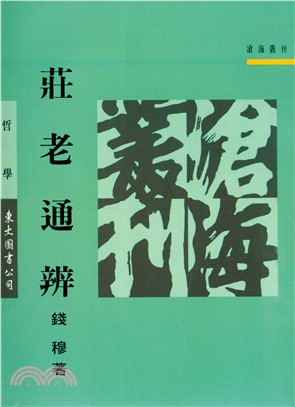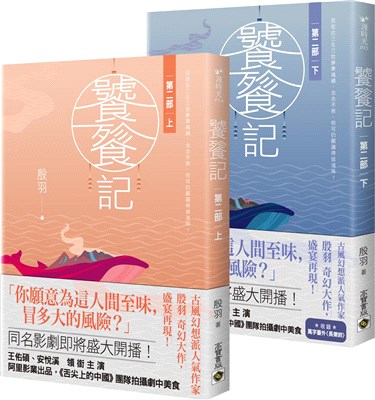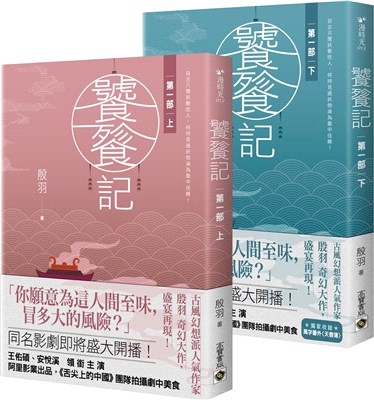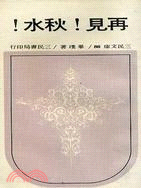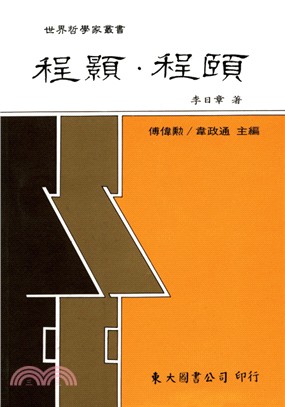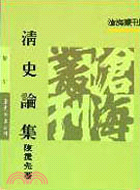Blood Oil ─ Tyrants, Violence, and the Rules That Run the World
商品資訊
ISBN13:9780190262921
出版社:Oxford Univ Pr
作者:Leif Wenar
出版日:2015/12/31
裝訂/頁數:精裝/480頁
規格:24.8cm*17.1cm*4.4cm (高/寬/厚)
版次:1
定價
:NT$ 1444 元優惠價
:90 折 1300 元
無庫存,下單後進貨(到貨天數約30-45天)
下單可得紅利積點:39 點
商品簡介
作者簡介
相關商品
商品簡介
Throughout the world, resource-rich countries are plagued by tyranny, violence, and corruption. With precious few exceptions, the political elites in such nations control natural resources, which are often the primary--and sometimes the only--source of wealth generation, and do not need to rely on popular support to maintain their rule. Their wealth comes from selling the resource overseas, which in turn gives them the income they need to buy off the military, the police, and the business sector. Oppressive, corrupt autocracies are the all-too-frequent result, and such regimes have been the source of many--perhaps most--US foreign policy headaches over the last fifty years. Yet despite their pariah-like status, these regimes continue to exist and even prosper-especially oil-powered regimes. For all of the criticism directed at resource-rich autocracies by Western critics, Western consumers remain reliant on them for the materials that fuel their cars and comprise their computers.
In Blood Oil, Leif Wenar explains in detail how the resource curse impedes democracy and development in resource-exporting countries, but he does not stop with a simple analysis of the phenomenon. He also plumbs the ethical complications that ensue when Western consumers buy goods derived from these ill-gotten resources. In the arena of international trade, however, all nations subscribe to the centuries-old dictum of "might makes right"--that outside powers cannot tell another regime how to run its economy. But this simply means that at both the institutional and individual consumer level, we are perpetuating the injustice.
There is hope, though. Former taken-for-granted global trades like slavery are now reviled. Indeed, the successful campaign to eliminate slavery suggests that it is possible for us to eventually treat the trade in natural resources as equally immoral. To that end, Wenar develops a cluster of democracy-enhancing clean trade policies that can allow us to disentangle ourselves from the dictators and warlords who rely on natural resource sales to perpetuate their rule. The resulting world will be safer both for those under the boot of oppression and for Western countries, which have lost a substantial degree of control over their foreign policy because of their addiction to resources that have effectively been looted from the citizenry by dictators and warlords.
In every sense a big-idea book, Blood Oil reshapes our understanding of what we can do to create a more a just world and challenges us to wean ourselves from materials extracted and sold to us by some of the world's worst regimes.
In Blood Oil, Leif Wenar explains in detail how the resource curse impedes democracy and development in resource-exporting countries, but he does not stop with a simple analysis of the phenomenon. He also plumbs the ethical complications that ensue when Western consumers buy goods derived from these ill-gotten resources. In the arena of international trade, however, all nations subscribe to the centuries-old dictum of "might makes right"--that outside powers cannot tell another regime how to run its economy. But this simply means that at both the institutional and individual consumer level, we are perpetuating the injustice.
There is hope, though. Former taken-for-granted global trades like slavery are now reviled. Indeed, the successful campaign to eliminate slavery suggests that it is possible for us to eventually treat the trade in natural resources as equally immoral. To that end, Wenar develops a cluster of democracy-enhancing clean trade policies that can allow us to disentangle ourselves from the dictators and warlords who rely on natural resource sales to perpetuate their rule. The resulting world will be safer both for those under the boot of oppression and for Western countries, which have lost a substantial degree of control over their foreign policy because of their addiction to resources that have effectively been looted from the citizenry by dictators and warlords.
In every sense a big-idea book, Blood Oil reshapes our understanding of what we can do to create a more a just world and challenges us to wean ourselves from materials extracted and sold to us by some of the world's worst regimes.
作者簡介
Leif Wenar holds the Chair of Ethics at King's College London. He earned his degrees in Philosophy from Stanford and Harvard, where he worked with John Rawls and Robert Nozick. He has also been a Visiting Professor at Princeton and Stanford and a Fellow of the Carnegie Council Program in Justice and the World Economy.
主題書展
更多
主題書展
更多書展今日66折
您曾經瀏覽過的商品
購物須知
外文書商品之書封,為出版社提供之樣本。實際出貨商品,以出版社所提供之現有版本為主。部份書籍,因出版社供應狀況特殊,匯率將依實際狀況做調整。
無庫存之商品,在您完成訂單程序之後,將以空運的方式為你下單調貨。為了縮短等待的時間,建議您將外文書與其他商品分開下單,以獲得最快的取貨速度,平均調貨時間為1~2個月。
為了保護您的權益,「三民網路書店」提供會員七日商品鑑賞期(收到商品為起始日)。
若要辦理退貨,請在商品鑑賞期內寄回,且商品必須是全新狀態與完整包裝(商品、附件、發票、隨貨贈品等)否則恕不接受退貨。



